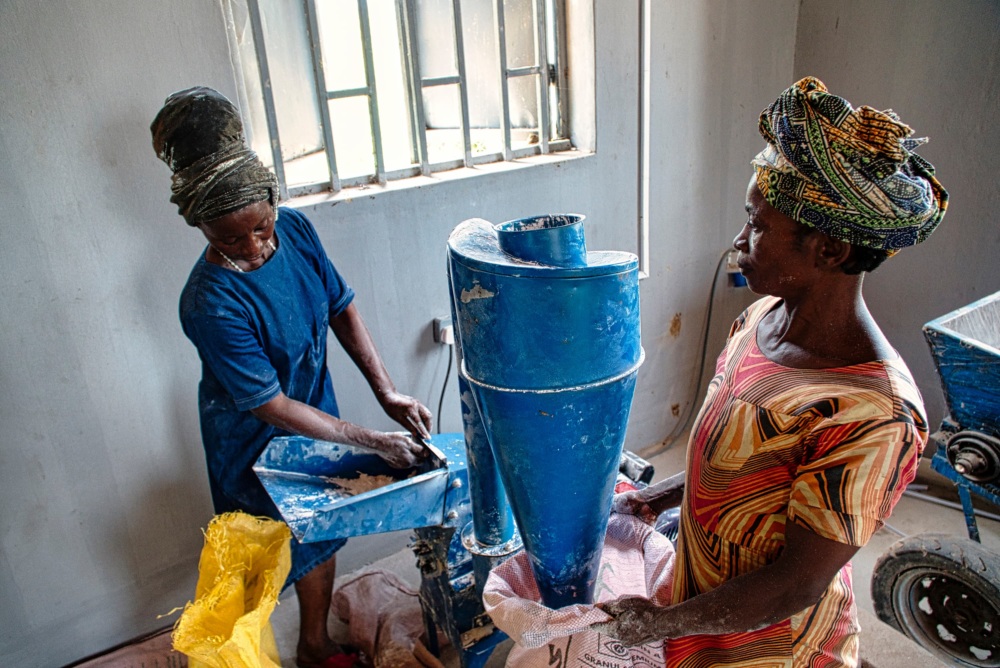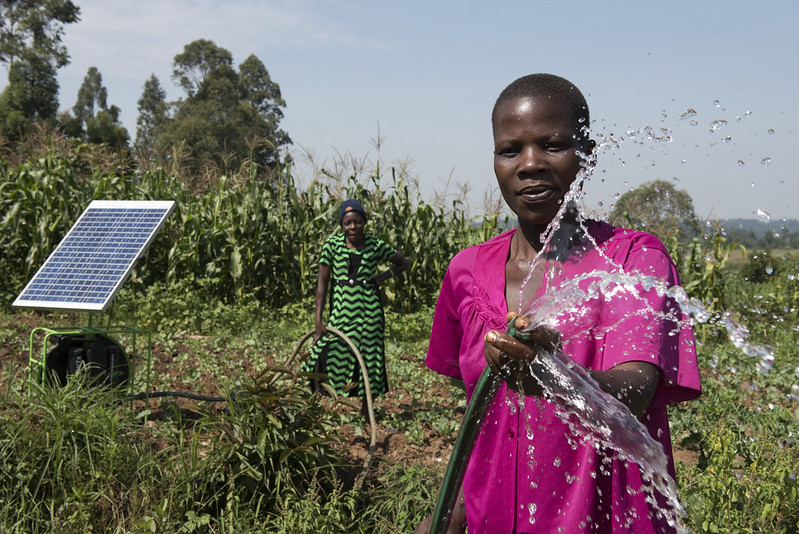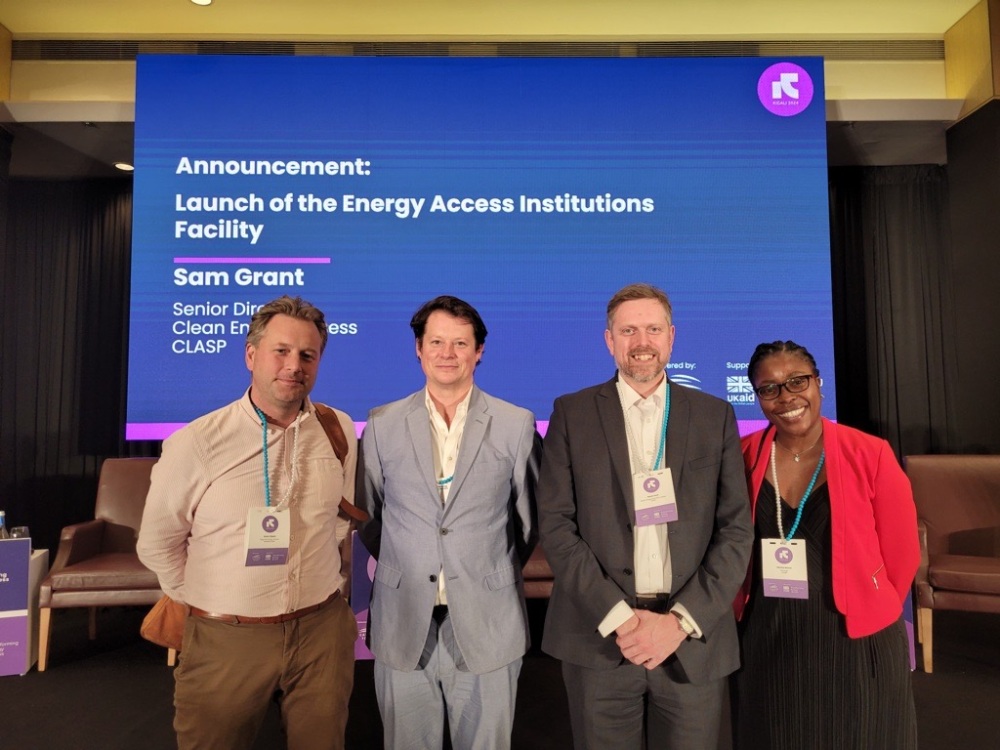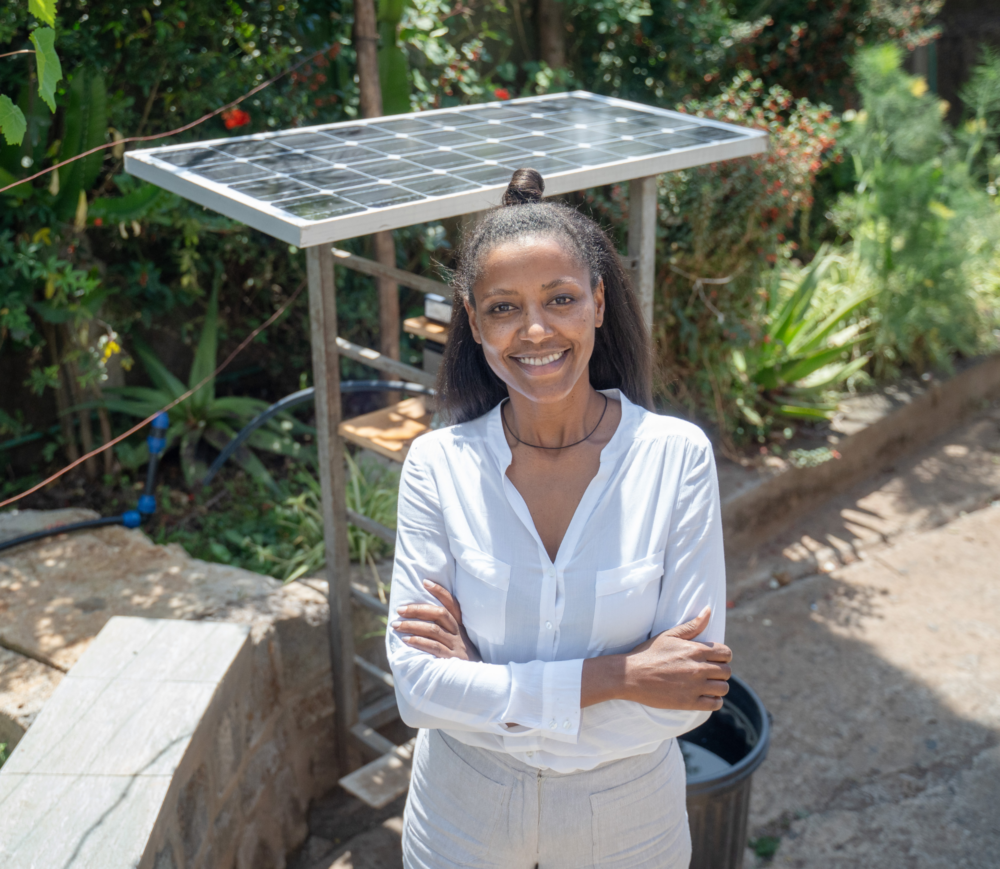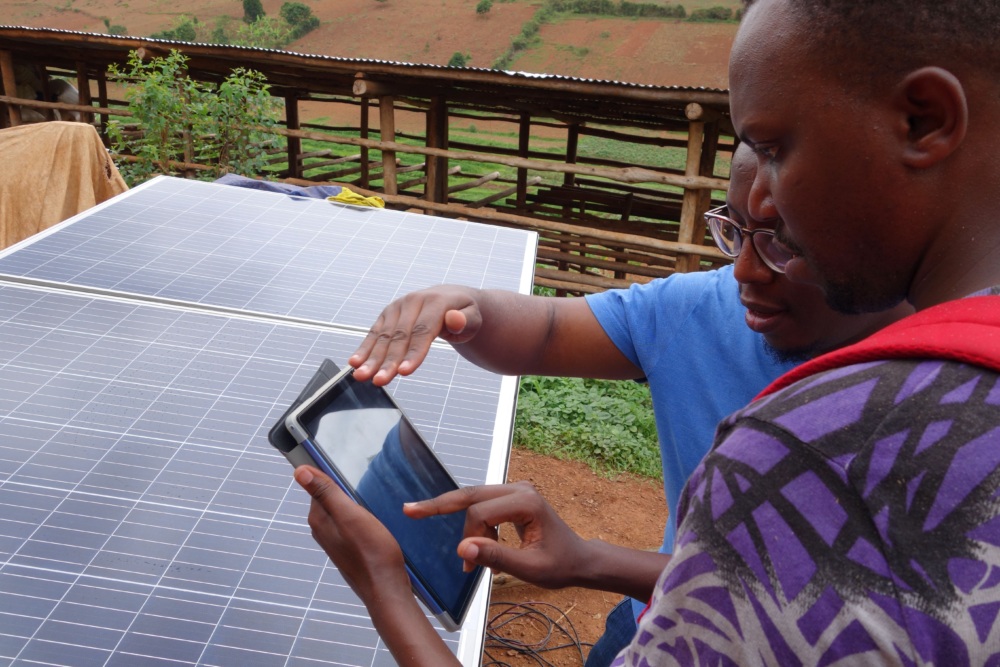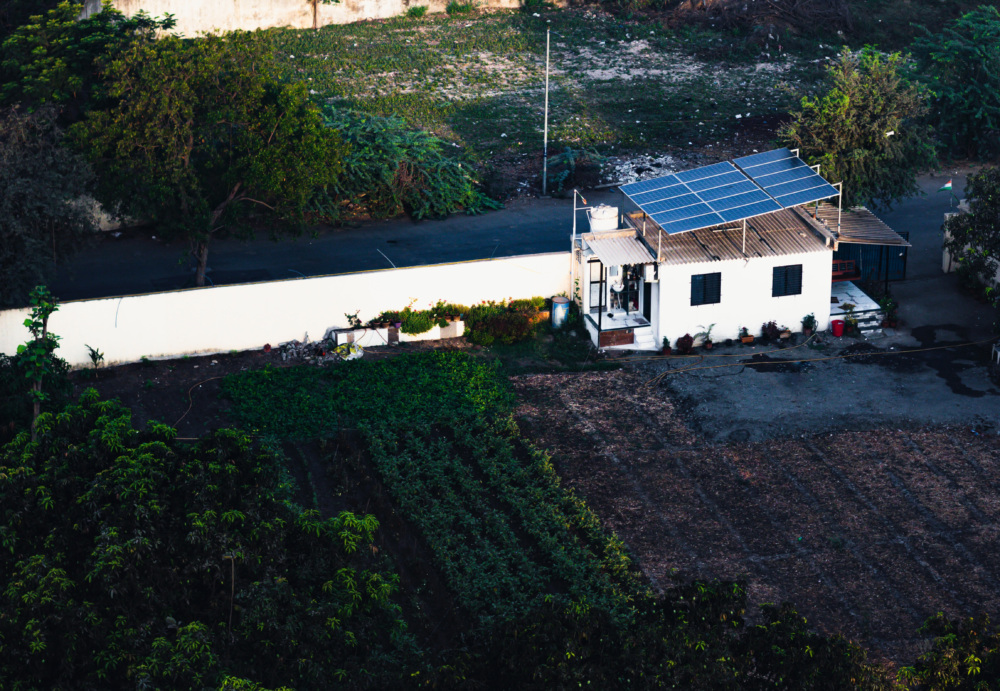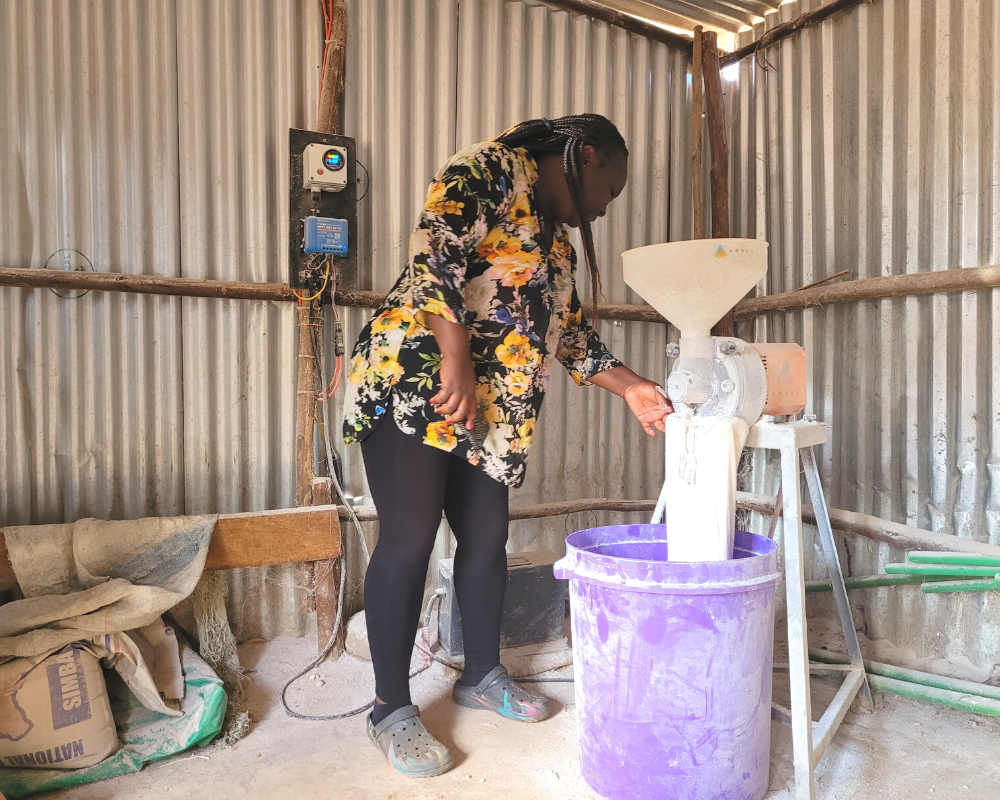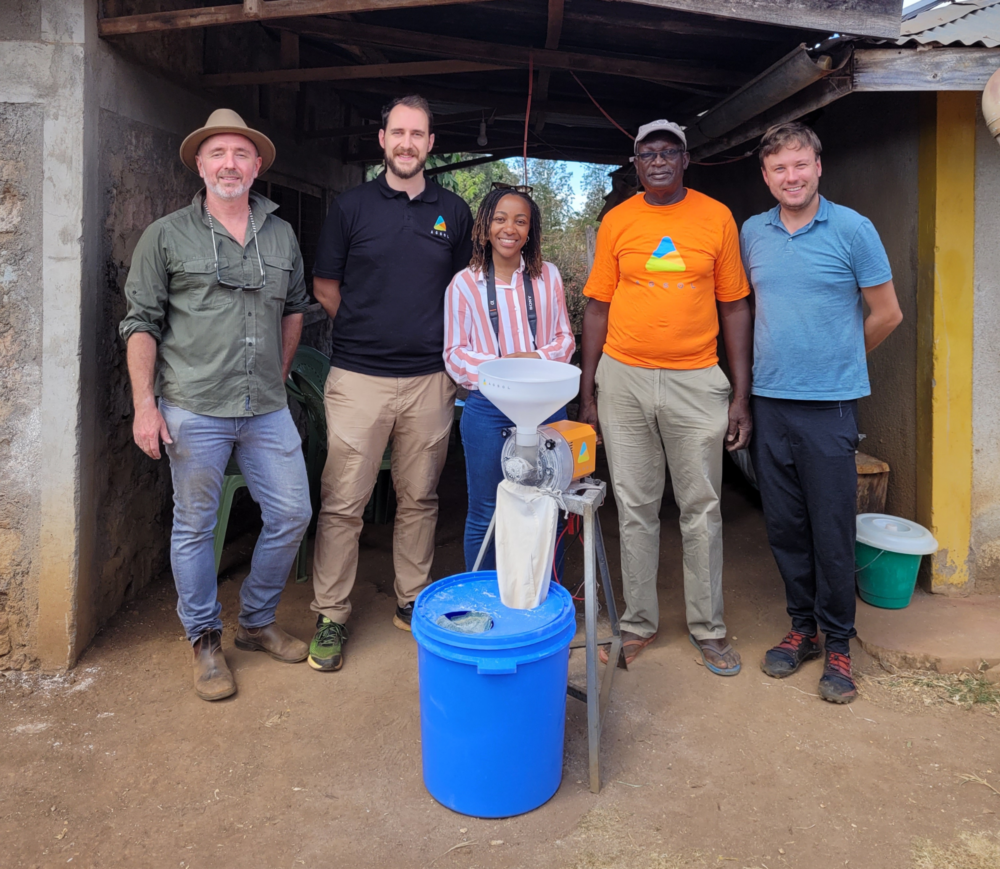New Report Explores How to Close the Diesel-Solar Gap in Off-Grid Milling
Most communities in sub-Saharan Africa rely on cereals like maize for their dietary needs. Rural, off-grid communities often use diesel-powered milling equipment to displace the need for labor-intensive manual processing. Despite their relatively low upfront costs, diesel mills are expensive to operate, difficult to run, and harmful to the environment. Furthermore, the placement of many diesel mills also creates unintended negative consequences for women and girls who often have to travel far distances to have their crops milled.
Solar-powered mills offer a reliable and sustainable alternative to diesel mills. Under the Efficiency for Access Coalition in partnership with Energy 4 Impact (E4I), CLASP collaborated on a pilot test and study of Agsol solar milling equipment in Kenya, Uganda, and Tanzania. Agsol, a Kenya-based agro-processing appliance manufacturer, has developed an energy-efficient solar mill that operates a brushless DC motor. Through the pilot, CLASP and E4I assessed the product’s market viability, including its ability to meet consumer demand, generate a profit, and compete with incumbent milling technology.
Results indicate that, while solar mills have market potential, they are not yet commercially viable because they cannot fully compete with their diesel counterparts. This report outlines several actions that manufacturers, suppliers, donor, investors and policymakers can take to close the commercial viability gap for solar mills. Key recommendations include:
- Increase funding for prototype field testing to find the right balance in mill cost, throughput, and efficiency for operators and consumers.
- Improve consumer financing mechanisms and incentives that improve affordability by reducing capital cost.
- Conduct market research to discover and reach untapped markets.
- Integrate the provision of agricultural equipment into national policies and clarify taxes and duty exemptions for solar mills.
Read the full report.

